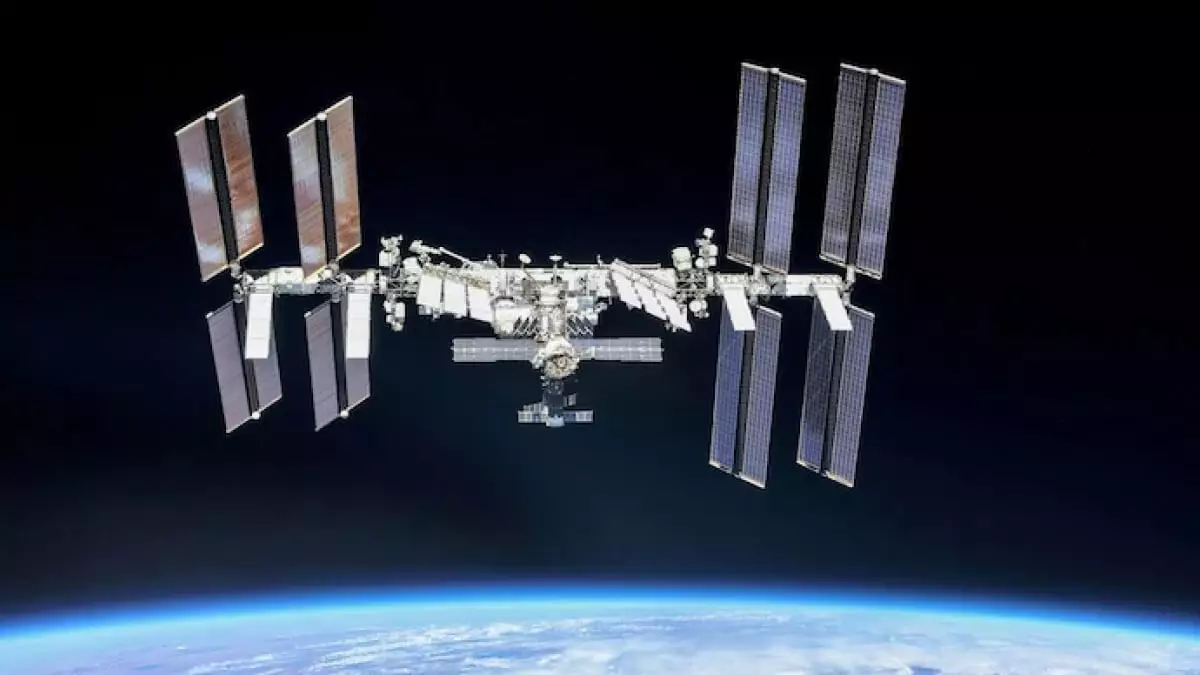On November 23, an intriguing yet concerning incident unfolded aboard the International Space Station (ISS) when crew members reported detecting an unusual odour upon the opening of the hatch linked to the recently docked Russian Progress MS-29 cargo spacecraft. This unexpected discovery compelled the crews aboard the ISS to implement swift decontamination procedures, as highlighted in a communication shared via social media.
The Progress MS-29 craft had successfully docked with the station’s Poisk module just prior to this alarming event, raising safety concerns among the crew. Upon investigation, astronauts noted not only a distinctive smell associated with spray paint but also observed small droplets inside the spacecraft. This led to the immediate closure of the affected area to prevent any potential contamination from spreading.
The description of the odour given by NASA astronaut Don Pettit illustrated the gravity of the situation. To address the potential risk of air contamination, NASA and Roscosmos swiftly activated their respective air-purification systems. The American segment of the station employed its Trace Contaminant Control Subassembly (TCCS), geared towards filtering out undesirable elements in the atmosphere. Meanwhile, similar filtration measures were activated in the Russian segment to restore acceptable air quality levels.
In a precautionary move, all crew members were required to wear personal protective equipment (PPE) until the air quality was deemed safe. Continuous air monitoring by onboard sensors illustrated the proactive approach taken by the flight controllers. By November 24, it was confirmed that the ISS’s atmospheric conditions had returned to safe levels, enabling the crew to reopen the hatch between the Poisk and Progress modules without compromising safety.
Although the specific source of the odour has not been conclusively identified, officials from NASA and Roscosmos remain attentive to the situation. They have communicated that, as of now, there are no immediate safety concerns affecting the crew. The continuous monitoring of air quality remains a priority to ensure a safe living environment for those aboard.
Progress MS-29, part of a routine resupply mission, was launched from Baikonur Cosmodrome on November 21, delivering vital supplies, such as food and fuel, which play a crucial role in supporting life aboard the ISS. This spacecraft is expected to remain docked for a period of six months before making provisions for returning waste materials to Earth.
Despite the incident, operations aboard the ISS are set to continue as scheduled. The successful management of this situation demonstrates the thoroughness of the safety protocols established for the station. NASA and Roscosmos have assured the public that not only are they working to determine the cause of the unusual smell but are also prepared to implement additional measures as necessary, ensuring the continued safety of their crew.

